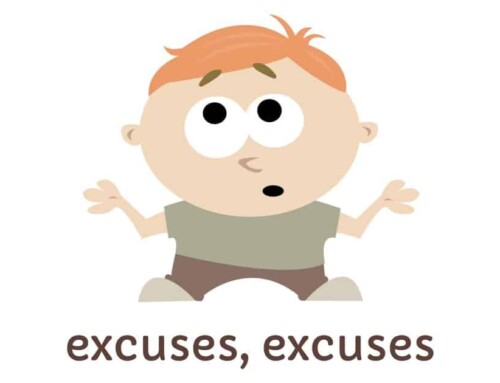Last week a friend told me he almost ran into a car that swerved into his lane on a local road. The person driving the car was texting! I wonder how prevalent that is. I’ll bet a lot more than we realize.
Well, Monday night I saw a short segment on the television about a group of high school students who agreed to have their cell phones taken away from them for ten days. I was amazed at how often some of the teenagers text. One young man said he would sometimes text over a hundred times a day. Some of the students looked like they were of driving age. So, it made me think about their texting habits while driving. I did a little research. Wow! Here’s a few statistics with links to some of the articles where I got them from: According to SADD (Students Against Destructive Decisions) and Liberty Mutual Insurance Group, instant and text messaging lead the list as the biggest distractions while driving.
In 2007, driver distractions, such as using a cell phone or text messaging, contributed to nearly 1,000 crashes involving 16- and 17-year-old drivers.
Over 60 percent of American teens admit to risky driving, and nearly half of those teens admit to text messaging behind the wheel.
Each year, 21% of fatal car crashes involving teenagers between the ages of 16 and 19 were the result of cell phone usage. This result has been expected to grow as much as 4% every year.
Almost 50% of all drivers between the ages of 18 and 24 are texting behind the wheel.
Over one-third of all young drivers, ages 24 and under, are texting on the road.
Teens say that texting is their number one driver distraction.
And it’s not just teens:
A study of dangerous driver behavior released in January 2007 by Nationwide Mutual Insurance Co. found that of 1,200 surveyed drivers, 73 percent talk on cell phones while driving.
The same 2007 survey found that 19 percent of motorists say they text message while driving.
This would be a great topic to include as part of a safety campaign at your company. Even if only as a theme for a safety meeting. Also, do you have a texting story or thought you’d like to share? I’d love to hear about it.
Finally, the reporter on the television segment interviewed some of the parents of the teenagers who gave up their cell phones and here’s one interesting comment from a mother. “I get to see my son’s eyes because he’s not always looking down.” It made me wonder if texting is also affecting the in-person social skills of people who do it all the time. I don’t have any qualms about texting. I do it some myself. Yet, do it enough, and it’s got to be a distraction (and a hazard) from noticing your surroundings and enjoying the sounds, tastes and sights that life offers.
‘till next time.
Richard





